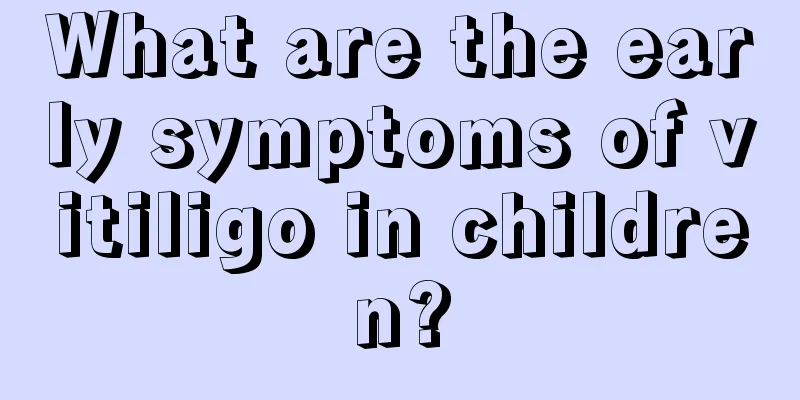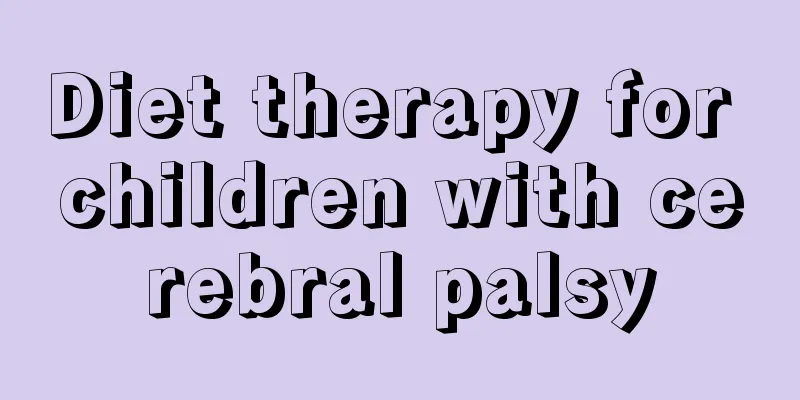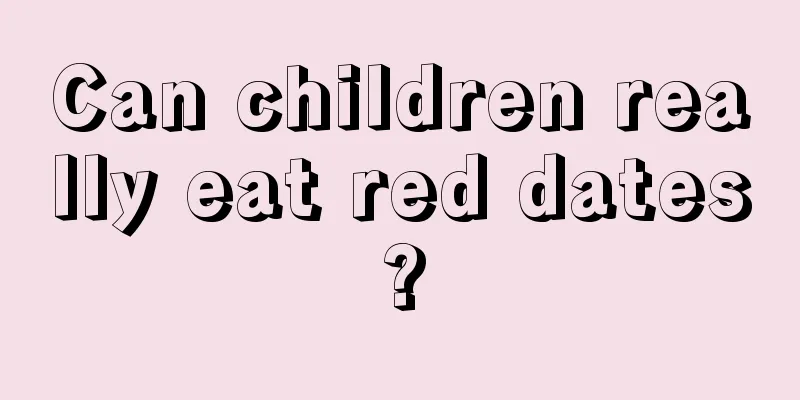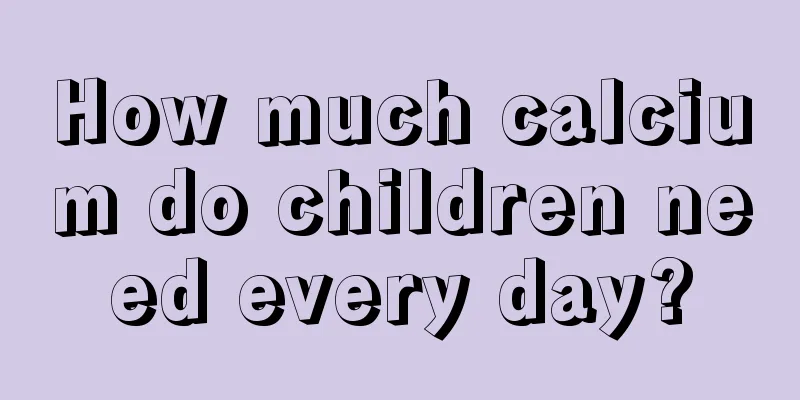What are the symptoms of tracheitis in children?
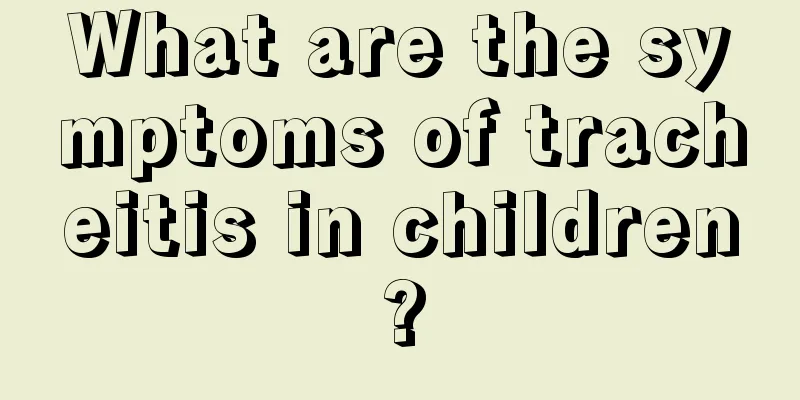
|
Children often have some bronchitis. Inflammation of the lungs, such as bronchitis, is not a very serious disease, but it is still troublesome to treat, especially when children have this disease. They often cough, have fever, and have headaches and fever like a cold. Many parents know that their children have bronchitis but don’t know it. Today, let’s introduce the symptoms of bronchitis! The onset of bronchitis in children can be acute or chronic. Most of the patients first have symptoms of upper respiratory tract infection, and may also suddenly develop frequent and deep dry coughs, followed by gradual bronchial secretions. Infants and young children do not expectorate and usually swallow the pharynx. Those with mild symptoms have no obvious signs of illness, while those with severe symptoms have a fever of 38-39°C, occasionally reaching 40°C, which usually subsides within 2-3 days. Feeling tired, affected sleep and appetite, and even gastrointestinal symptoms such as vomiting, diarrhea, and abdominal pain. The older child complained of headache and chest pain again. The cough usually lasts for 7 to 10 days, sometimes lingers for 2 to 3 weeks, or recurs. If not properly treated, it may cause pneumonia. White blood cell count is normal or slightly low, and those with elevated white blood cell count may have secondary bacterial infection. When children suffer from bronchitis, they consume a lot of nutrients. In addition, fever and bacterial toxins affect gastrointestinal function and cause poor digestion and absorption. Therefore, nutritional deficiencies in the children's bodies cannot be ignored. In this regard, parents should adopt the method of small meals and frequent meals for their children, and provide them with light, nutritious, balanced and easily digestible semi-liquid or liquid diet. When the child coughs and expectorates, it indicates that the bronchial secretions have increased. In order to promote the smooth discharge of secretions, nebulizer inhalation can be used to help expectorate, 2-3 times a day, each time for 5-20 minutes. If it is an infant, in addition to patting the back, you should also help him/her turn over. If a child has a fever during the course of the illness, parents must pay attention to it and take timely measures to reduce the fever. Children are relatively young, and if the fever is too high, it may cause meningitis or even low IQ. Also, it is important to ensure that the child does not live in an environment with secondhand smoke, otherwise it will cause great damage to the lungs. |
<<: What happens when children have respiratory infections?
>>: How to treat white spot disease on children's face
Recommend
Treatment of synovitis in children
Synovitis is a common symptom. Synovitis occurs n...
What is the standard for primary school students' vital capacity?
Many primary school students lack exercise, which...
Can babies drink honeysuckle tea?
Many people love to drink honeysuckle tea, especi...
Newborn baby always cries before pooping
Defecation is a very important thing for the huma...
What sports are available for children?
We all know that the sports that adults do are de...
Why does my child shiver when sleeping?
For a family with a newborn, the child's affa...
What are the effects and functions of eating walnuts for children?
Since I was a child, my mother often told me to e...
Nine month old baby milk
Nine-month-old babies are already able to eat com...
Babies cannot eat salt within one year old. Why?
Anyone who has raised a child knows that it is be...
Three-month-old baby care method
Nowadays, many parents are most concerned about t...
The height of a 2-year-old child determines his or her adult height
People always say that a child's height depen...
Can children drink cocktails?
We drink a lot of cocktails in our daily life, ma...
Why do children have birthmarks when they are born?
After every expectant mother finds out she is pre...
The harm of babies sucking their fingers
Nowadays, every child is the treasure of the fami...
Can children eat bananas when they have a fever?
Children usually cry and make a fuss when they ha...
